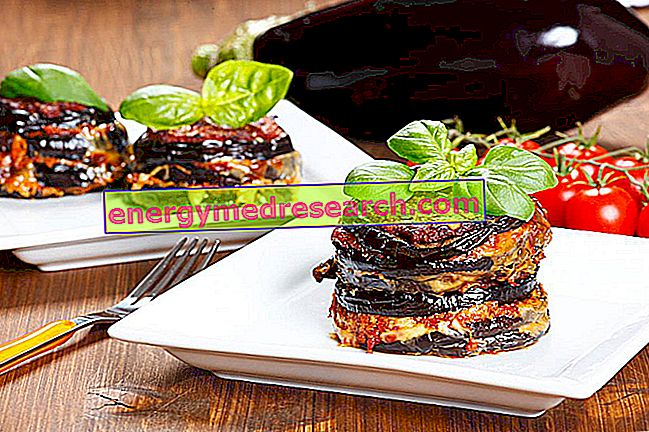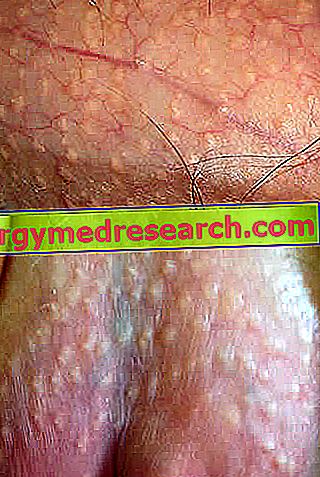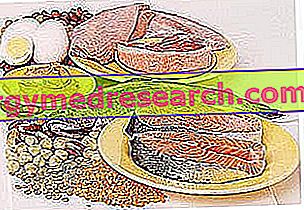
The decision to split the vegan philosophy from the vegetarian one (taken between the nineteenth and twentieth centuries), due to the scarce morality related to the consumption of milk, derivatives and eggs, has proved particularly convinced. Moreover, among the forbidden foods, honey, propolis, royal jelly, etc. are often not reported, but it is a beautiful and good neglect! Insects also belong to the animal kingdom, which is why they must enjoy the same privileges reserved for birds, fish, mammals, crustaceans and molluscs.
Vegans repudiate any product of an animal nature, but if you believe that this is the most "high" philosophical current, you are wrong! These are called "dietetic vegans", or a kind of "incomplete vegan". In fact, in order to fully respect the rights of animals, all the products derived from them should be excluded, therefore also: skins and furs, hooves, horns and bones, nails, beeswax, silk, wool, etc.
In practice, a complete vegan also renounces any item of clothing, footwear, gadget, object, drug and supplement, or form of entertainment that may violate the rights of animals.
The "British Vegan Society", as a reference body for vegans, certifies a product ONLY if totally free from any animal involvement, including laboratory experimentation. Obviously, a convinced vegan must not take any type of drug historically (... not only currently) tested on any kind of animal.
And the microorganisms? Fortunately for vegans, microorganisms, as well as plants and algae, have no right whatsoever and therefore can be eaten, exploited to improve the composition of their partially incomplete foods, etc. It would be a problem to try not to breathe or eat the bacteria, spores and fungal hyphae in the air and on objects; just as it could become problematic to give your immune system not to kill pathogens!



